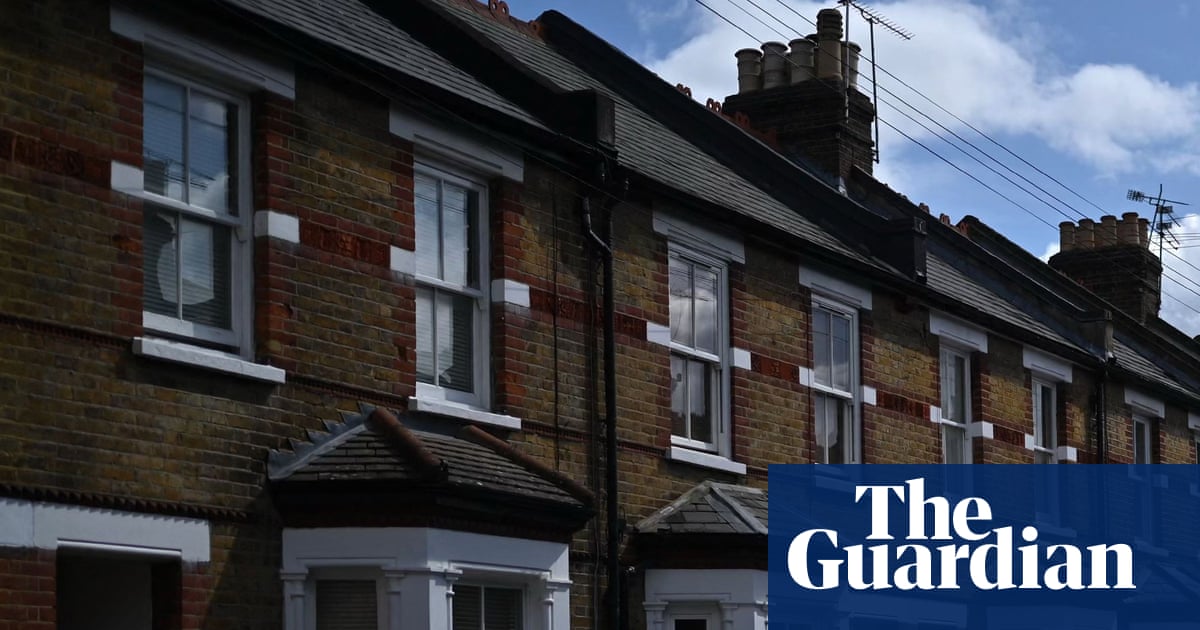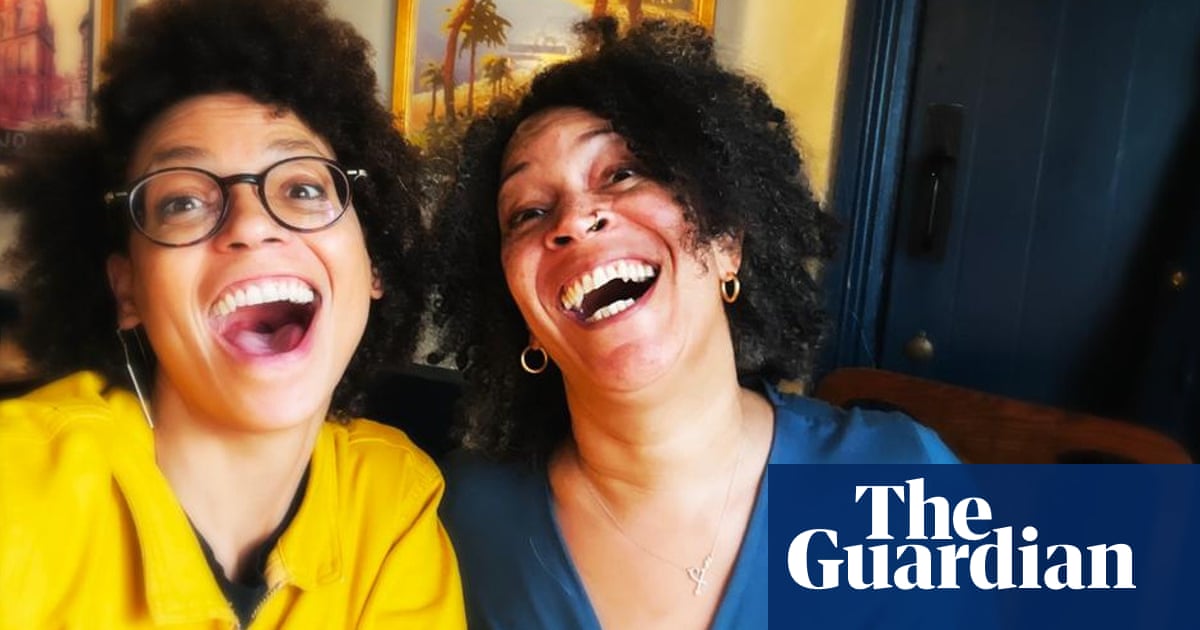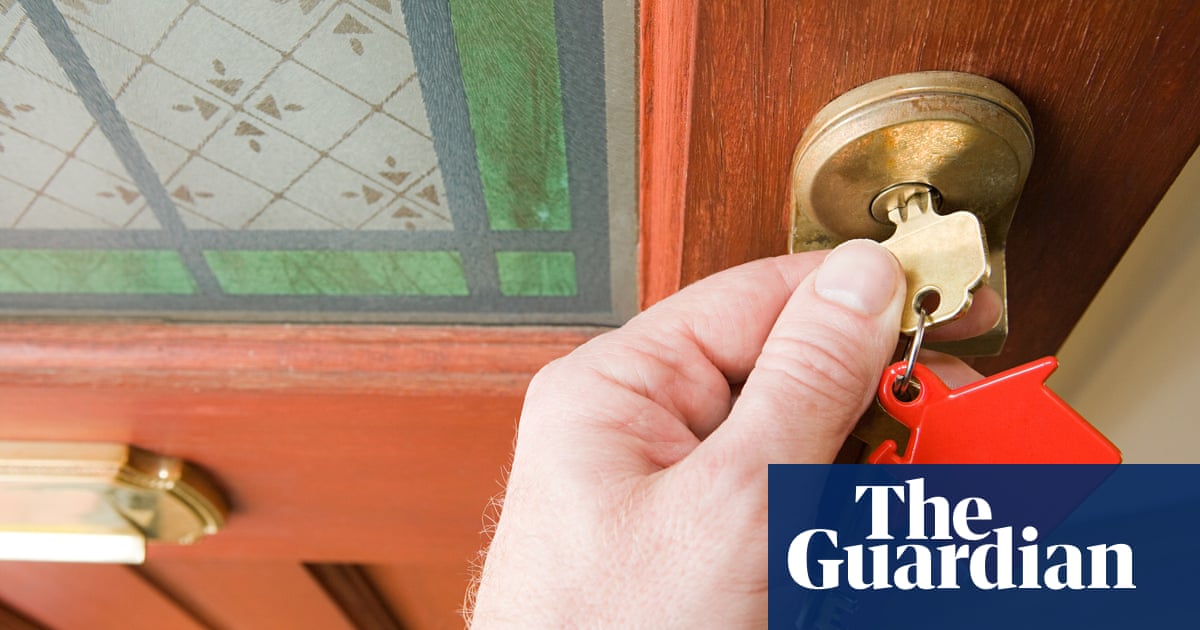
Q We may be coming into a little bit of money from a small inheritance. We currently rent and are happy where we are. But if we used the inheritance we could afford to buy 25% of a shared-ownership property in the area we live. Are shared-ownership properties worth it? And would we be able to sell easily if we wanted to move elsewhere in, say, five years’ time as work might take us elsewhere?
Or should we hang fire and save up more for a few years and just try to get an outright mortgage on a normal property? In the area we live that could take a long time.
TR
A Judging by the testimonials on the website of Share to Buy – which is a national shared-ownership property portal – shared-ownership properties are well worth it. And the biggest selling point seems to be that it enables people to buy in an area where they would be unable to afford to buy a “normal” (as you put it) property.
Going down the shared-ownership route means that you’ll need a smaller cash deposit than you would buying a conventional property. For example, if you were to buy a 25% share of a property valued at £300,000, you would have to provide a deposit of £3,750 if a 5% deposit was required or £7,500 if you put down a deposit of 10%. The equivalent deposits required on purchasing the whole of a property valued at £300,000 would be £15,000 and £30,000 respectively.
The big difference is down to the fact that when you buy a share of a property, the deposit you need is worked out on the value of the share rather than the value of the entire property. There is also a difference in the monthly costs. With a conventional purchase, your monthly costs consist of the mortgage payments.
With a shared ownership property, as well as mortgage payments for your share, you pay rent on the share that you do not own. This is usually set at about 3% of the value of the housing provider’s share and is typically a lot lower than the rent you would pay on the open market. For example, the rent on a property valued at £300,000 with you owning a 25% share would be £562.50 a month. If you choose to buy further shares – known as staircasing – whether by saving up or increasing your mortgage – the rent goes down and reduces to zero once you own 100% of the property. And it’s the ability to staircase that makes me think that shared-ownership is something you should explore. Instead of saving up to buy in the future, you could buy a share now and save up to buy a bigger share at a later date.
But that assumes you are eligible for the shared-ownership scheme. As you can’t afford to buy “a home suitable for your housing needs” on the open market, you could be. But you need to have an annual household income of less than £80,000 – or less than £90,000 in London – to qualify. There may be different eligibility requirements depending on the housing provider. You can check the rules for individual properties on the Share to Buy website.
As far as selling goes, you have to give your housing provider a set period of time – typically eight weeks – to find an eligible buyer. But this can work in your favour since, unlike an estate agent, housing providers have thousands of potential – and eligible – buyers on their books waiting for a suitable property to come up. In the case of Peabody – one of the largest housing providers in London and the south-east – it reports finding a buyer within the eight-week period in 98.8% of cases.
• Want expert help finding your new mortgage? Use our online tool to search 1,000s of deals from over 80 lenders with the Guardian Mortgage Service, powered by L&C.












